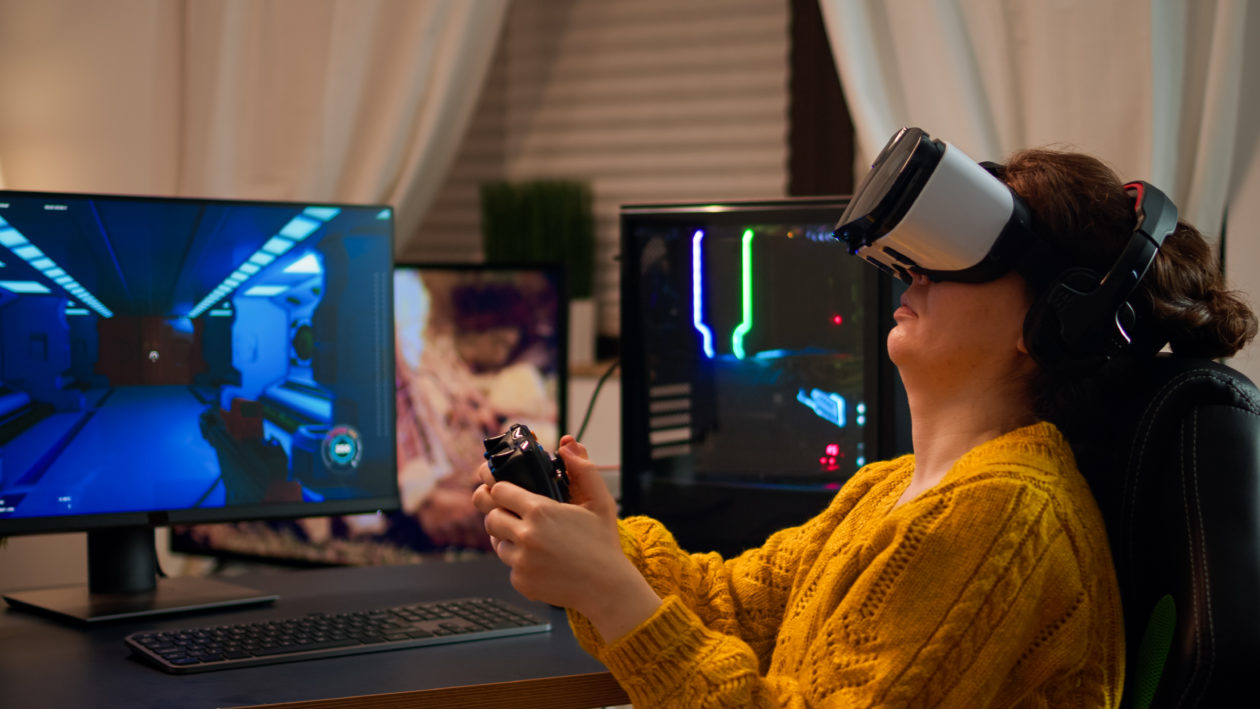A Chinese game company, Zhong Qing Bao, announced a metaverse game, and its stock rose considerably this week for two days in a row.
Fast facts
- The game’s name is Brew Master, a game that lets players pretend to be winemakers and trade the wines that they make as NFTs.
- Two days after the game was announced, on Tuesday and Wednesday, the company’s stock soared by 20% consecutively, even though the game is still under development and has no actual release date.
- Metaverse games are heating up in China, especially with two companies known for their social media presence. Last week, TikTok owner ByteDance reported that it has acquired China’s biggest VR glasses manufacturer, Pico. According to reports, Bytedance’s final acquisition amount has risen sharply from the previously estimated 5 billion RMB (about US$770 million) to 9 billion RMB (about US$1.39 billion).
- Meanwhile, a game company invested in by ByteDance has recently launched a meta-universe game that is a highly similar game to Roblox, which allows players to develop their own game in a sandbox world.
- Tencent, which owns China’s super app WeChat, moved to the metaverse even earlier than ByteDance. In 2019, Tencent had already built a partnership with Roblox and became the distributor for the game’s launch in China. Tencent also owns 40% shares of Epic Games, the maker of the popular video game Fortnite. In April, Epic announced that it had received US$1 billion in financing, mainly for the development of the metaverse.
- But the Chinese government is not so friendly to games these days. At the end of August, China announced it is limiting teenagers’ game time to under 1 hour a day on rest days, while top state-owned media labels the games as “spiritual opium.”
- Before the announcement of the crackdown, a report from market research institution Niko Partner showed that in 2020, China’s domestic mobile game revenue was US$29.2 billion, a year-on-year increase of 30.9%, and it was estimated to reach US$55 billion and 781 million gamers by 2025.





